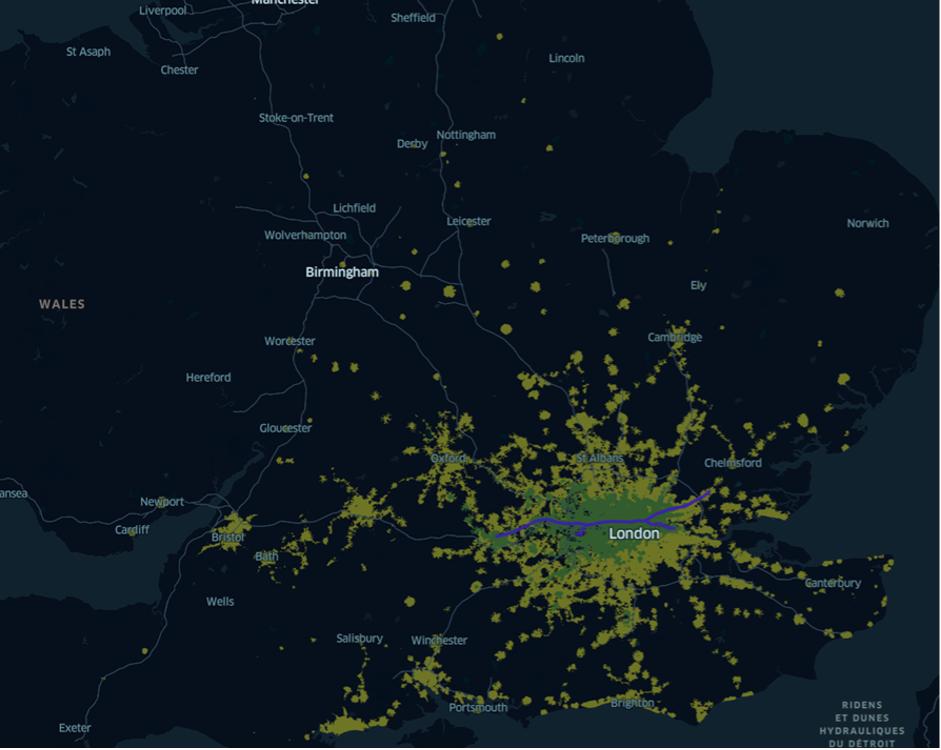Session is about to expire
Your session will timeout due to inactivity, please choose to continue your session if you’d would like to continue.

The way people travel to and from Heathrow really matters. It affects how well the airport works, the daily lives of our neighbours, local road traffic, and how much carbon we emit.
When we talk about travelling to and from Heathrow, we mean all the different ways that passengers, our colleagues, and goods get to and leave the airport. This includes trains, the tube, coaches, buses, taxis, private hire vehicles, private cars, motorbikes, lorries, bikes, and walking. But this doesn't include flying, e.g. when passengers change planes.
Heathrow is more than just an airport; it's a major transport hub. It connects road, rail, and air travel for everyone including our local communities, not just those flying. Heathrow has fast trains and underground services to London, and buses and coaches that go to many places locally and across the country throughout the day. It's also easy to drive to and from major roads like the M25 and M4.
Our goal is to make getting to and from Heathrow better - quicker, simpler, more dependable, and greener. We want to make sure everyone feels confident about their journey to the airport. We're aiming to cut down on traffic jams, reduce air pollution, improve the experience for our local communities, make our local area nicer to live in, and help the UK's economy.
In 2022, we launched the Sustainable Travel Zone (STZ), aiming to reduce single-occupancy vehicle trips and improve travel options for colleagues and local communities. It promotes public transport and active travel, focusing on data-driven, scalable, and equitable solutions to enhance air quality, reduce carbon emissions, and improve overall wellbeing. In 2023, we saw a 33% increase in bus and coach services arriving at Heathrow before 4am and 43% increase departing after 11pm.
The Heathrow Area Transport Forum (HATF) plays a crucial role in making sure Heathrow meets its travel targets. Think of HATF as the team that keeps Heathrow accountable, ensuring that we're not just meeting our targets but also focusing on what's best for everyone involved.
What are these targets? They're specially designed to promote sustainable travel to and from Heathrow, benefiting the surrounding areas. Heathrow and HATF put a lot of thought into these, making sure they align with our bigger aim of improving travel in a way that's good for the environment and the community. These targets have been set out within the Heathrow Surface Access strategy.
Our Surface Access Strategy outlines the steps to hit our four big goals by 2026. We've got a variety of actions planned to guide passengers and colleagues, make vehicle travel greener, and lessen our impact on the neighbourhoods around us.
We set five major plans spanning to 2026. These are key to reaching our targets and keeping an eye on our progress:
Each of these steps is helping us move closer to a Heathrow where travel is easier, greener, and better for everyone.
